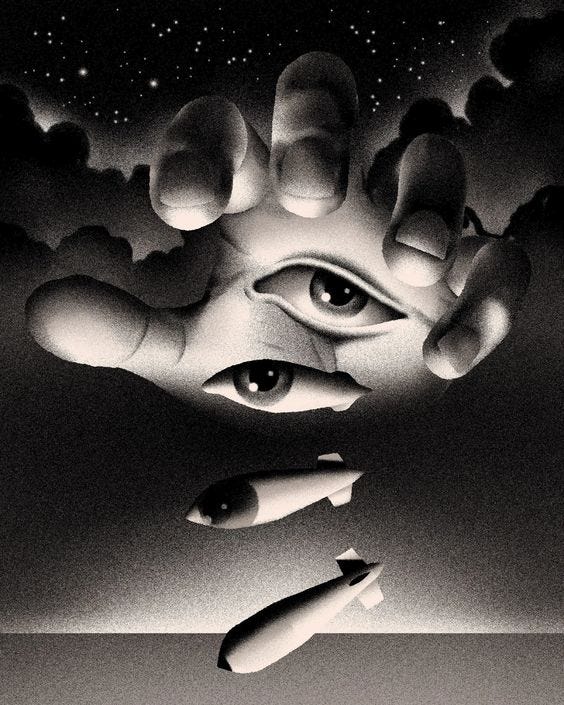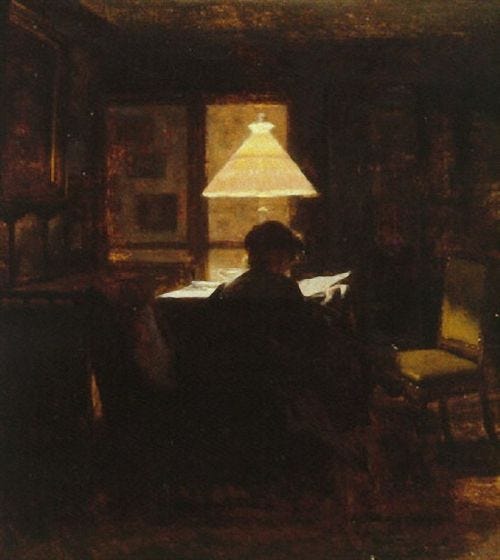“I have long felt that any reviewer who expresses rage and loathing for a novel or a play or a poem is preposterous. He or she is like a person who has put on full armour and attacked a hot fudge sundae.” - Kurt Vonnegut.
Artist or not, we have all encountered the wrath of ‘The critic’ in our lives. But are critics really necessary? Why then, if we must bring up this question, are they so widespread and popular?
 |
| The New Yorker |
Two reviews, one makes headlines.
NY Times critic Pete Wells is famous for his scathing reviews of restaurants and here’s a snippet from his most popular one.
“(Mr. Fieri), did you try that blue drink, the one that glows like nuclear waste? The watermelon margarita? Any idea why it tastes like some combination of radiator fluid and formaldehyde?”
Here’s another review by the same critic. “I am convinced that if everybody gave up turkey and just had Sailor’s roast chicken once a year, the country would be a better place. Ms. Bloomfield’s desserts are known for their ability to bring on childhood memories of an intensely British nature in people who’ve never been near Britain.”
I can safely bet that the latter was not as riveting or enjoyable to read while it may have been just as witty. Thus, the problem with ‘Why is most criticism negative?’ is perhaps not the critics themselves but the nature of us readers. To answer this question we must understand our innate love for doom and gloom.
Pessimism: The Narcotic
From reviews, the news or soothsaying, we jump at any pessimism and gobble it up like divine gospel. Optimism on the other hand suffers a thorough pessimistic scrutiny before it is even accepted, let alone allowed to impact us. Here’s an excerpt from the ‘Psychology of Money’:
“Pessimism isn’t just more common than optimism. It also sounds smarter. It’s intellectually captivating, and it’s paid more attention than optimism, which is often viewed as being oblivious to risk.”
I frequently find explanations linking our cavemen minds’ hardwiring to problems haunting us even in the modern day. And yet again it is evident that, though circumstances have changed dramatically, their intensity has thrived at a fixed constant all along.
A false alarm of a predator, baseless hints of a rival empire planning an attack or an ‘expert’ warning you of the next economic collapse, these ‘threats’ have been fundamental in shaping our love for pessimism.
Let’s suppose a crazy man gave you a random location on your way to work and claimed a landmine was planted there. However hilarious it may seem, you’d let this ‘joke’ get to you to some degree. It scratches a primitive ick in your mind to gather whatever information you can get your hands on to guarantee survival. While this example is highly exaggerated, ‘survival’ can refer to avoiding any other common threats we face in our daily lives. From impulse buy adverts to articles predicting the next apocalypse, our minds are in a constant state of flight or fright and will jump at anything to fuel this state.
On the other hand, an equally optimistic truth will be put off as a luxury. ‘Just a nice thing to know, which you could live without anyway.’ But you absolutely had to know if you’d be blown to bits when you stepped into your cubicle.
Though a review about an absolutely horrendous parfait at a five star restaurant on the other side of the globe has no use to us, we relish reading it and give in to our primal desire for pessimism. As an artist, one must understand that as opinions support a profession, they inevitably get contorted to keep the opinionator afloat. Well established critics always follow a structure to surgically dissect their victim and present in a way that is most enjoyable to their readers. Perhaps your creation was not bad at all, but it is just as much their duty to give their audience an entertaining review to read as it is yours to create the perfect parfait.
But don’t feel content with this advice just yet, for we are yet to address the elephant in the room. Since the dawn of art, critics have been responsible for numerous silent deaths of artists and hostility in the field. Entire lifetimes of perseverance and dedication are cast away into an undignified shadow by a mere tiny but scathing article by a witty critic. After countless hours of sweat and toil, pouring life into your creation, they still wield the power to trample over your magnum opus and rather more abashing, lead the masses to walk over its shattered pieces. Perhaps then, it’s not so innocent to ask why we need critics at all. Is it justifiable, that the cost of separating the extraordinary from ordinary is literal methodical oppression?
The only solution seems to be a change of mentality of the masses as a whole. When we approach negative reviews with the same apprehension as we give an optimistic one. Such a paradigm shift in the way we approach judgement and opinions may seem implausible and daunting but it must start with the individual.
Anton Ego’s speech
“In many ways, the work of a critic is easy. We risk very little yet enjoy a position over those who offer up their work and their selves to our judgement. We thrive on negative criticism, which is fun to write and to read. But the bitter truth we critics must face, is that in the grand scheme of things, the average piece of junk is probably more meaningful than our criticism designating it so. But there are times when a critic truly risks something, and that is in the discovery and defence of the new. The world is often unkind to new talent, new creations.”
Then again, every endeavour of man, with its infinite permutations and emotions is a new one. And indeed, the ‘new’ needs friends.
Art and Optimism
I believe art to be the loneliest virtue of man. An entirely solitary act where one expresses their true self in its most vulnerable and naked form. A lone positive remark can shield the flame of passion from the constant battering of harsh criticism faced by us poets, authors, chefs, craftsmen, and artists. Such is the power of optimism. It mustn’t be confused with complacency though.
It is to believe that in the long run, the setbacks and problems don’t really matter. To give weight to positives and let them impact you. To realise that creation of beauty is treacherous. That’s optimism.
‘Be an optimist and art shall thrive.’
 |
| Art: Christian Valdemar Clausen, Anton’s speech: Peter O’Toole |
Comments
Post a Comment